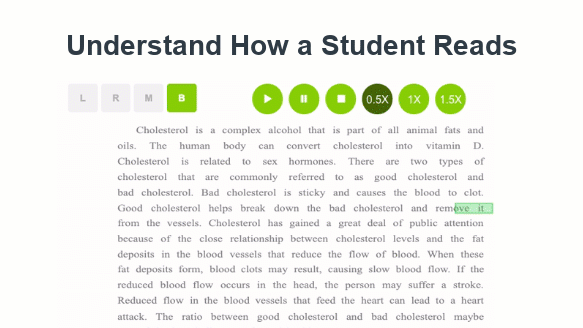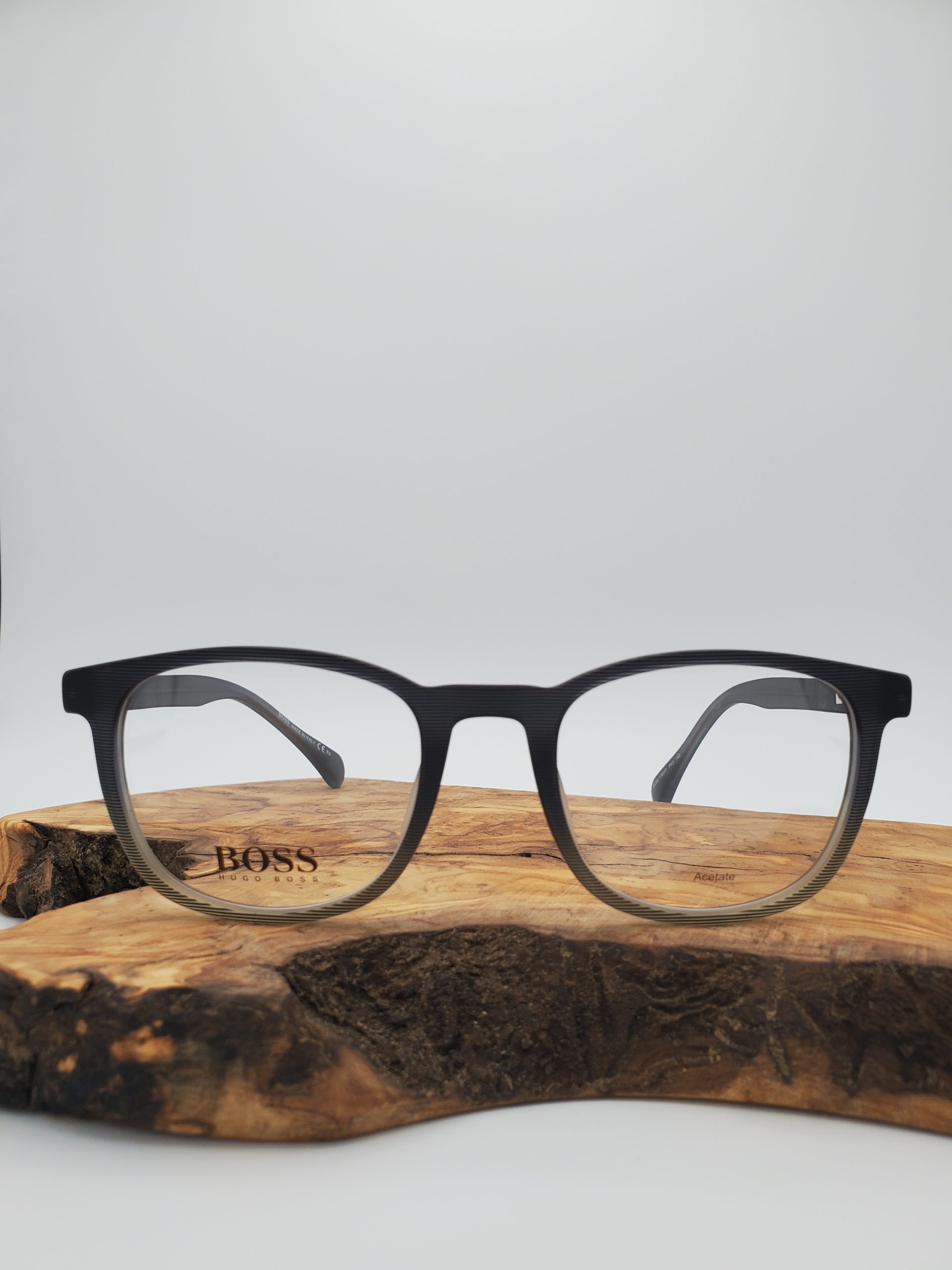Does my child need an eye exam?
Children’s eyes change the most while they’re growing. That is why it is so important to get their eyes tested once a year. Learning is 80% visual, so it is crucial to make sure your child’s vision is not impairing their learning.
book an appointment



